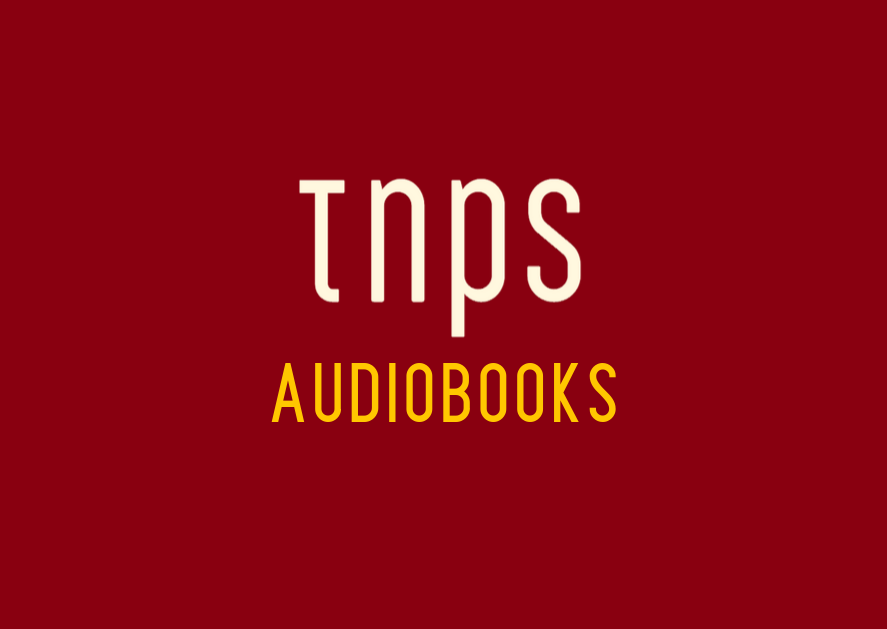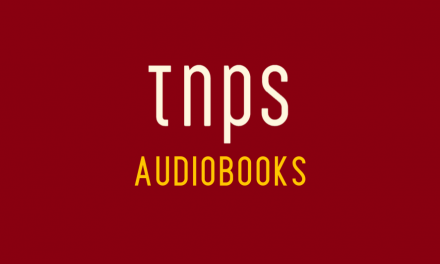We are just skimming the surface of what’s possible with digital books, and while the emerging markets are largely playing catch-up right now it’s likely that they will take the lead in digital books innovation as this decade progresses, as mature markets battle the internal contradiction that is juggling future digital opportunity with ingrained print tradition
Available now for pre-order, Penguin, a UK arm of Penguin Random House, has identified a key opportunity in the education sector, and has launched a series of study guides in digital audiobook format aimed at A-Level English Literature students.
The first batch includes Studying Dracula, Studying The Great Gatsby, Studying Wuthering Heights, and Studying Tess of the D’Urbervilles, and the press release explains that each contain,
unabridged audio narration of the novels and supplementary material written by A-Level teachers. The material features in-depth analysis of characters, themes, structure and form, in addition to chapter summaries and useful quotations (to give students) a strong foundation from which they can build their understanding, engaging with other critical commentary and draw connections to other literary texts.
As Penguin notes, the audiobooks offer,
a comprehensive way to study the A-level syllabus anywhere and everywhere—in the car, at the gym, on the way to school, or at home! (Penguin’s exclamation mark.)
It is this mobile-centric audience enhancement that makes digital audio such an exciting prospect for publishers around the globe, and while PRH, as the world’s largest trade publisher, has exceptionally deep pockets that can easily churn out content like this (Studying Dracula runs to 21 hours 47 minutes audio- time) this is something publishers in less lucrative markets can easily emulate, focussing on localised texts and exam needs and using local voice artists.
The Studying Dracula guide, by way of example, includes the entire original and unabridged text in audio-narration, as well as,
in-depth analysis on the text, covering the key areas of: characters, themes, structure and form, historical context and popular criticism – as well as detailed chapter summaries and key quotations for your exam (and) covers the core assessment objectives of the A-Level syllabus. This will give students studying these texts a strong foundation from which they can build their understanding, engage with other critical commentary and draw connections to other literary texts.
Students will learn how to:
Articulate informed and creative responses to the text through the exploration of themes and key ideas (AO1).
Analyse writers’ craft to uncover the ways in which writers convey meaning in the text (AO2).
Appreciate the influence and significance of the contexts which shaped the writing and reception of the text (AO3).
And while these guides are targeting A-Level, the same model can work effectively at all educational levels and for all languages, including indigenous languages, across a range of subjects, with potential beyond the obvious retail value if publishers permit extended use of the content.
In many emerging markets schools will find digital audio an invaluable addition to their limited teaching-aids repertoire. Many older students will have smartphones, and for classroom use it needs just one teacher with a smartphone and a speaker to be able to make the audio content available simultaneously to an entire class.
Digital presents untold opportunities for emerging book markets that have traditionally been hampered by the expense and limitations of the print-only model.
We are just skimming the surface of what’s possible with digital books, and while the emerging markets are largely playing catch-up right now it’s likely that they will take the lead in digital books innovation as this decade progresses, as mature markets battle the internal contradiction that is juggling future digital opportunity with ingrained print tradition.






Penguin made some cool audio study guides for A-Level students. You can listen to them while you’re busy doing other stuff. They help you understand books better and get ready for exams. It’s great for students who might not have a lot of resources. Sounds like a big help for learning!
I think the study guides in digital audiobook format would be great for A-Level English Literature students. You can listen to them anywhere anytime and get things done. Good initiative.
This is a fantastic initiative by Penguin, bringing classic literature to students in an accessible and engaging way through audiobooks. For anyone looking to enhance their study sessions with some great background tunes, check out the various study playlists available on Spotify. Perfect for setting the mood while diving deep into literary analysis!
4o
Penguin UK’s introduction of audio-study guides for A-Level students is a forward-thinking move that could inspire emerging market publishers to enhance their educational resources. For those planning ahead or looking to make the most of their breaks, August Bank Holiday 2025 offers a great opportunity to unwind while staying productive.
Penguin UK’s move to offer audio-study guides for A-Level students is a smart step, especially in a time when digital content consumption is on the rise. It’s definitely something emerging market publishers could adapt to better connect with younger audiences. On a related note, effective social media marketing Dublin can play a huge role in promoting educational innovations like this to the right demographics.